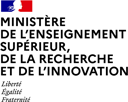XII INTERNATIONAL SYMPOSIUM ON BANANA : CELEBRATING BANANA ORGANIC PRODUCTION
Sponsored by
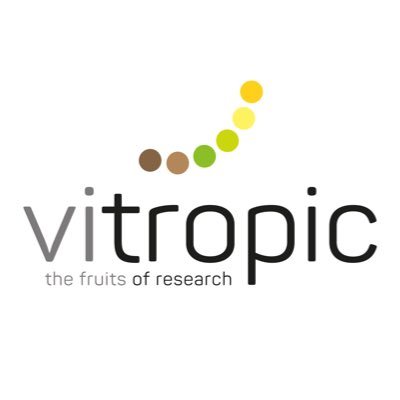


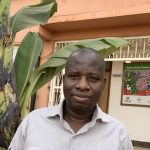


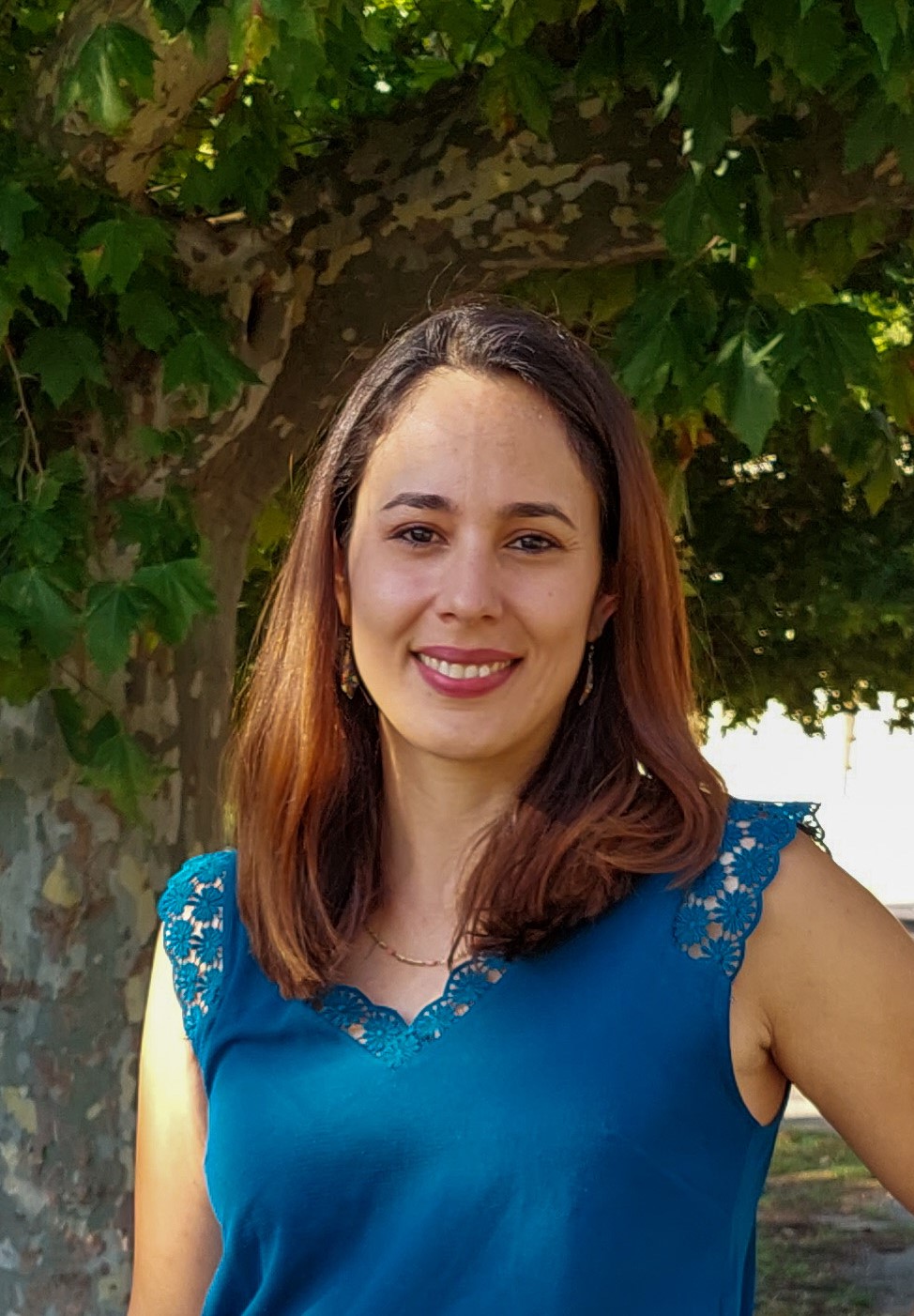


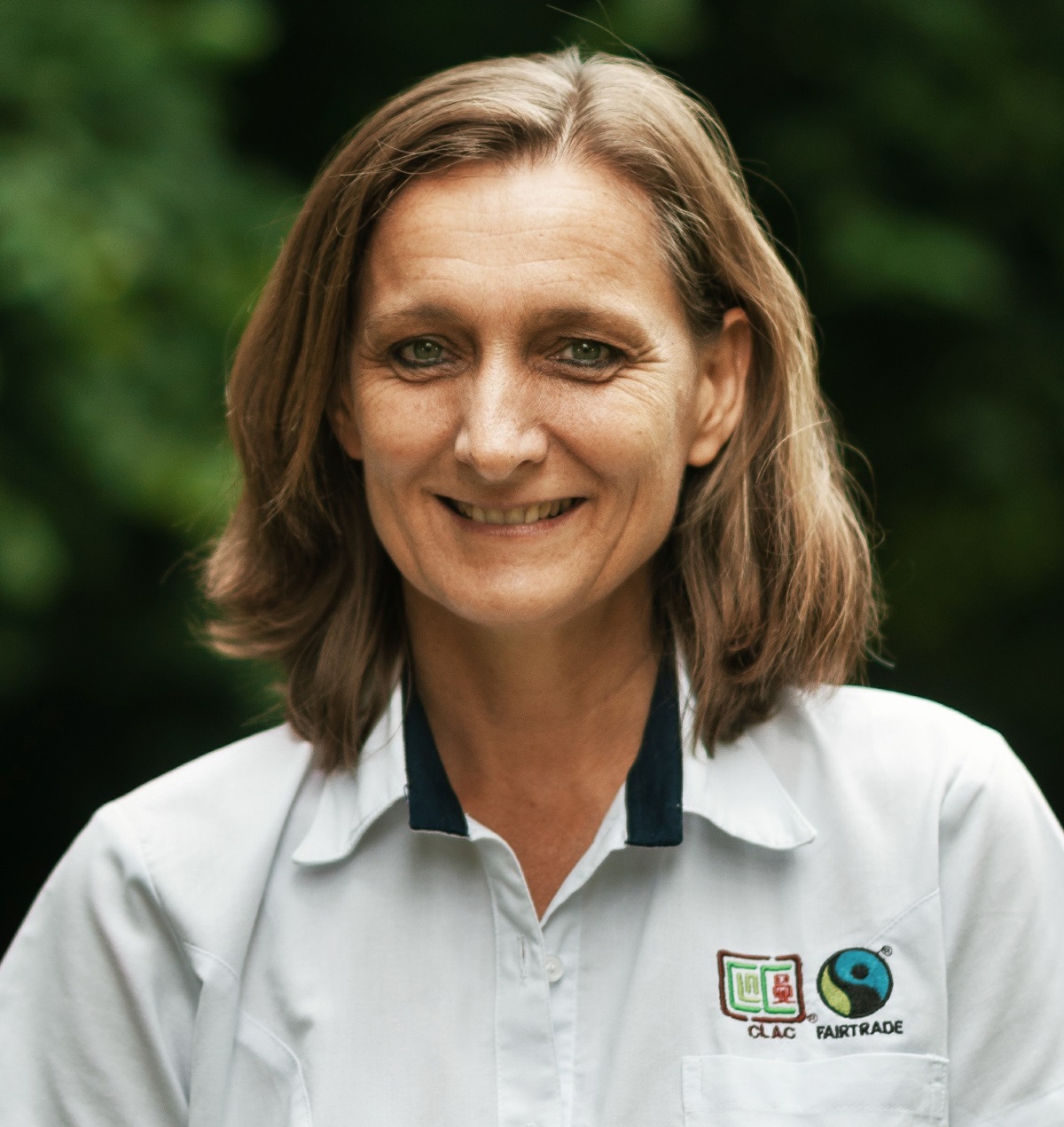

Ajambo Susan, Uganda ; Blomme Guy, Ethiopia ; Normand Alain, France -Afrique ; Taulya Godfrey , Uganda ; Daniells Jeff, Australia ; Pattison Tony, Australia ; Dawson Carolina, France - Peru ; Legreve Anne , Belgium ; Lassois Ludivine, Belgium ; Tixier Philippe, France ; Roux Nicolas, France ; Salmon Frédéric, France ; Risède Jean-Michel , France ; de Lapeyre de Bellaire Luc, France ; Brat Pierre, France ; van der Waal Hans-Willem, Netherlands ; Fabrice Declerck , France ; Sauvadet Marie, Guadeloupe ; Bolaños Martha, Colombia ; Borges Ana Lucia , Brazil ; Dita Miguel, Colombia ; Sandoval Jorge, Costa Rica ; Rojas Juan Carlos, Peru ; Gandini Gustavo, Dominican Republic ; Dorel Marc, Guadeloupe ; Staver Charles, USA ; Coulis Mathieu, Martinique
This symposium will focus on organic production: challenges and opportunities for productivity, competitiveness and certification faced with phytosanitary threats and climate variability.
The following topics will be developed during the symposium:
· Current state of organic production in the world: challenges and innovations
Production statistics: trade, trends, price comparisons including plantain and other cooking banana • Experiences in local production • Analysis of commercialization • Diversity of production systems (species, varieties, crop association & rotations, agroforestry, cattle
integration farming, biodynamic practices, etc.) • Comparison between dry and wet tropics zones • Economy gaps on small and larger farms • Participatory process, local knowledge • Synergies across food systems • Healthy diets: Organic Food and Nutritional Quality: role of organic products to human health ― is the quality of nutritional value different in terms of comparison of organic to non-organic • Improving livelihoods • Socio-economic challenges (e.g. gender) in managing organic banana systems
· Organic nutrition (plant): experience, and new directions
Diversity & efficiency of organic fertilizers (including organic matter methods) • Beneficial micro-organisms to improve plant nutrition • Alternative to synthetic N fertilizers (Urea, Ammonium fertilizers) • Quality of banana nutrition in organic systems • Detection of fraud (C/N isotopic methods, others) • Cost & economy of organic nutrition, bananas (production & trade) • Carbon footprint compared to conventional • Water management, water footprint (dry and wet regions) • Climate change impacts• Drought management
· Challenges of pest and disease control without conventional pesticides
Management of Black Sigatoka disease: efficiency of organic products, status of mineral oil, cultural practices, etc… • Management of root nematodes: organic products, cultural practices, etc… • Management of black weevils: trapping, efficiency of synthetic pheromones, physical barriers, entomo-pathogens use, … • Thrips, mealybugs & aphid control experiences in organic production • Weed management without herbicides • Post-harvest disease control without fungicides • Emergence of specific pest and diseases in organic production systems • Impact of fertilisation and cropping systems on pest & diseases control • Critical evaluation of biopesticides for pest and disease management in organic production • Environmental safety of organic pesticides • Resistant & tolerant varieties (Musa diversity & conventional & genome editing genetic improvement programs) • Safe movement of germplasm at local, regional, national, and global levels • FOC (R1-R4-TR4) mitigation and organic production • Biocontrol approaches for pest and disease mitigation • Intercropping and crop rotation approaches for disease mitigation (linked to: Impact of fertilisation and cropping systems on pest & diseases control)
· Marketing organic bananas: The role of Sustainable Development Goals (SDGs) on certification and emerging trends
Economy & costs on the diversity of certification labels • Public certification • Private certification • Official standards and regulations: differences between countries & continents (ex. USA, Europe, Japan, …), including transition status & delays • Analytical methods for organic certification: methods and data • Challenges of certification for local markets especially for small producers in developing countries • Future trends in the value chains • Improving livelihoods • Healthy nutritional diets • New markets • Efficiency and recycling: using fewer external resources • The organizational and change management challenges of organic production for small producer organizations in view of stricter legislation, aging farmers, and competitive pressure
Before submitting your abstract to the electronic submission tool (ROSA) you must submit your abstract by email to Karen Lehrer ( k.lehrer@cgiar.org) by December 6th, 2021. Once your abstract has been reviewed (pre-submission process), you will be instructed to submit it to the online system.
IMPORTANT: Please be sure to put “Abstract submission” in the subject of your message and include your contact information in the footer or signature of your email message. In the header of the Word file, please be sure to indicate to which subject area your abstract pertains and whether you intend your paper for oral or poster presentation.
If you need help for your abstract please contact :
HOW TO PREPARE ABSTRACTS AND PAPERS SUBMIT YOUR ABSTRACTS

